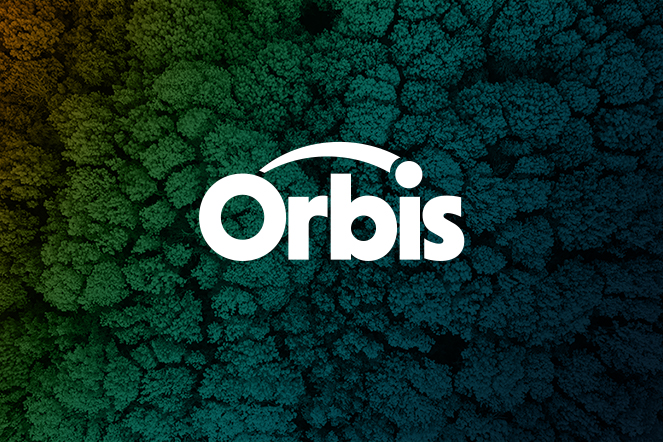
We’ve all done it. And we’ll all do it again.
Gender has nothing to do with it.
(Men and women are equally likely to do it.)
Age has nothing to do with it, either.
(Millennials may be twice as likely as Boomers to do it.)
The “it” we’re talking about is a simple, everyday occurrence: losing something that’s important to us.
From our car keys, to our cell phones, to the TV remote, to a sock (darn that dryer), we’re all guilty of misplacing a thing, or two, or three.
In fact, a 2017 lost and found survey uncovered a startling statistic; collectively, Americans spend $2.7 billion a year replacing their missed possessions.
That’s a pretty high cost for forgetting where we put our household items and valuables – or at least we think so.
Which got us wondering …
What’s the cost of strewn and scattered (essentially misplaced) data?
As a software development and professional services leader focused on leveraging technology on behalf of our timberland investment clients, we’ve seen the high cost time and again. More, importantly, we’re doing something about it. From Atlas Land Records to our Forest Information Portal, we’re leading the way with secure, cloud-based data repositories that support business growth and profitability.
But back to our question … what is the cost of misplaced data?
The short answer: Thousands. Maybe even tens of thousands.
And all because of unnecessary expenditures ranging from tax-related fines and fees, to administrative and legal costs resulting from error-prone recordkeeping.
In a lot of ways, having your most important data assets sitting in a half-dozen different spreadsheets across multiple network folders (half of which are on someone’s unsecure and unavailable desktop anyway) is a lot like losing your keys, your phone, or your remote: It’s foolish, unnecessary, and very expensive.
It’s why Orbis is in the business of cloud-based data migration, integration, and secure, searchable, centralized storage.
It’s why Orbis is on mission to help the forestry industry understand the perils and the triumphs of centralizing data.
Here are five reasons you should at least consider a centralized data repository:
1. Consistency
Managing different versions of the same or similar data can be downright dangerous. Why who’s to know what information is accurate or current? How can anyone or everyone find the critical or crucial among the minutia?
THE RESULT: A documented and repeatable process for collecting and disseminating information regardless of such variables as user, location, or region
2. Accessibility
Having a definitive place to put your keys and always putting them there means one thing: You’ll have access to them when you need them. And so it is with data. Centralized data reduces the administrative burden, too, thanks to repeatable systems and replicable and relevant data fields.
THE RESULT: A single system viewable by any stakeholder, anywhere, anytime
3. Context
When everything flows into one place as it does with a centralized data repository, those using the data, feeding the data, and interacting with the data have a better understanding of the data. It puts everyone on the same proverbial page because everyone is able to see the same data in the same format at the same time.
THE RESULT: A robust and searchable solution
4. Big-Picture Thinking
When all the data is treated as an organization-wide asset, everyone can work within a shared view. And everyone can contribute to the organization’s vision, goals, ideas, and successes.
THE RESULT: A broader point of view, which leads to capturing the most important questions and actionable strategies
5. Predictive Decision Making
When everyone’s playing by the same rules (thanks to 1, 2, and 3 above), decision makers can more readily stay ahead. Clean, always-available data is the start of sound decision making that can help thwart at-risk situations, as well as identify opportunities for improvement.
THE RESULT: Real-time, congruent data for business-impacting reporting and analytics
What’s your opinion of centralized repositories? What’s stopping you from moving into this essential business solution? Share your thoughts, questions, and ideas in the comments.
Contact us if you want a demonstration, a cost analysis, a Q&A, or the opportunity to hold onto the money you may be throwing away as a result of bad, inconsistent, or misplaced data.

Let’s Work Together
Orbis helps you make better sense of your assets, and better use of everything involved in managing them. Request more information or book a consultation with us today.
